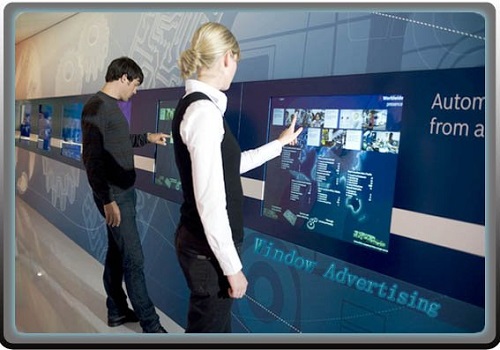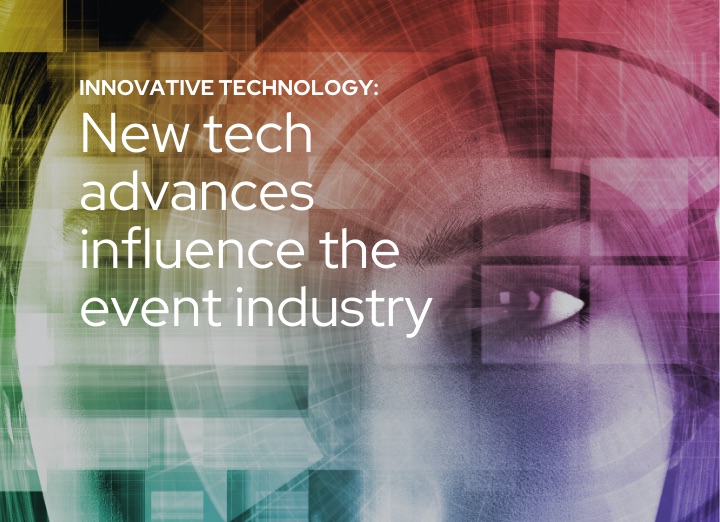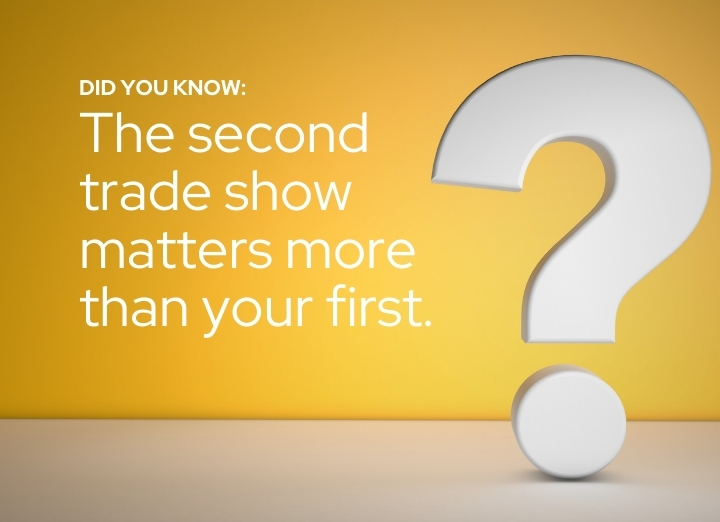In mid-October, Microsoft announced it would offer its Windows 8 OS (operating system) free of charge. On October 22, Apple followed suit for its Mac OS. Much speculation has been made about how this affects the future of computing and the profitability of these venerable companies. Here at Apple Rock, we’re asking a different question:
How will this affect event technology?

The trend in recent years toward cloud computing and SaaS (Software as a Service) no doubt precipitated the moves by Microsoft and Apple. The underlying message behind cloud and SaaS is “the hardware doesn’t matter.” Consider the free Chrome OS and Android. These operating systems work on myriad devices, from phones and tablets to set-top-boxes driving 80 inch televisions. In a world where hardware doesn’t matter, it’s no wonder that Microsoft and Apple have to compete on price — or lack thereof — to get their software running on as many devices as possible.*
Now here’s the twist that brings this all back to event technology. The era of “hardware doesn’t matter” has rendered smartphones, tablets, laptops and desktops ubiquitous. The next “big thing” cannot be just another variation on these devices. For the software giants to continue to wow us and replace their OS revenue streams, they must push the limits of what we consider hardware. Think Google Glass or the self-driving car. The more innovative the hardware, the more it will require specialized software.
This is great news for event technology. New, specialized hardware will deliver immersive experiences like we’ve never seen before. Augmented Reality and Projection Mapping are just the beginning. We predict that gaming will further penetrate the event world, with games that inform, entertain, promote relationships, and don’t resemble anything we’ve seen before. We at Apple Rock are extremely excited about this trend.
* To be sure, this isn’t the only reason for the move. Apple’s OSs only run on Apple hardware, so it’s not strictly a competitive rationale. More likely, the cost of supporting old software played a role in Apple’s decision.





